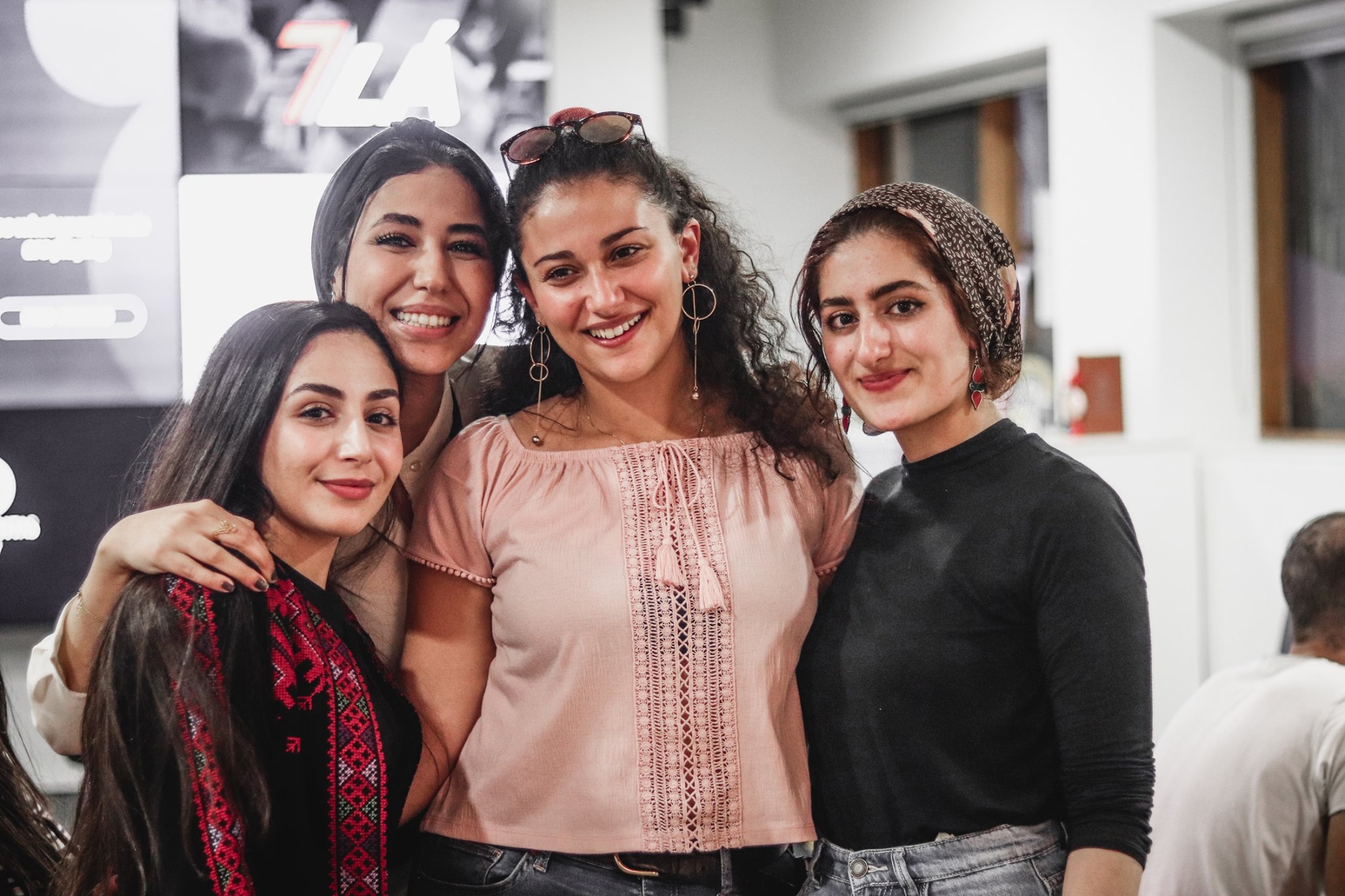Trinity is home to a large variety of cultural societies which endeavour to celebrate the experiences and cultures of people from all across the globe. In a world where racist, anti-immigration rhetoric is rife, societies of this kind play an increasingly important role in college life for ethnic minorities. One such society is the Arabesque Society, which showcases and educates students about various elements of Arabic culture. In order to learn more about this vibrant and idealistic group, Trinity News spoke to its chairperson, Sara Abdulmagid, to discuss what the Arabesque Society is all about.
Firstly, Abdulmagid outlines the goals which the society hopes to achieve through their work. “TCD Arabesque aims at uniting the multicultural community both on campus and beyond,” she explains. “We aim to share aspects of Arab and Mediterranean culture through music, cuisine and many forms of art.” The society pursues their ambitions by hosting a variety of events, which include panel discussions, calligraphy and art workshops, concerts, coffee mornings, poetry readings, Arabic classes, film screenings, and events relating to Arabic cuisine and dance.
“In a world where racist, anti-immigration rhetoric is rife, societies of this kind play an increasingly important role in college life for ethnic minorities.”
Another purpose of the Arabesque Society is to allow Arabic people “to integrate better into the Irish society”. Abdulmagid asserts that this is made easier by the participation of their 400 active members, who hail from diverse cultural backgrounds. They also frequently collaborate with other societies, which allows people with different perspectives and upbringings to come together and discuss their experiences in an amicable environment. In this way, the society is certainly not exclusive in nature. It is in fact a group which encourages people from all different cultures and walks of life to connect and learn from one another.
Trinity students with an Irish background often find it difficult to fully comprehend the importance of cultural societies for international students. Experiencing homesickness or feelings of alienation in college is extremely common, and this problem can be exacerbated when living in a country far away from home while also potentially suffering from culture shock. Cultural societies provide a space where students can experience their own country’s traditions once again and meet people who have had similar cultural experiences to them, whilst also sharing it with Irish natives and people from other parts of the world.
Abdulmagid explains: “It is so important to have representation of all nationalities and cultures, especially in a college with a predominantly Irish population. It is necessary for students of an Arabic or Middle Eastern background to feel like they have a place they belong, and if Arabesque can be this place for them, then we have achieved what we aimed for.”
“Although the society has evidently found its niche in Trinity and has proven to be a beloved presence on campus amongst students, this was not without plenty of effort on their part.”
Despite the recent rise of the anti-immigration far-right, Abdulmagid believes that the society’s experience in Trinity has largely been a positive one. “We have found that Trinity is generally an inclusive place. There is always an effort made in larger societies to include panel discussions on culture and religion. However, there will always be room for improvement,” she says.
Although the society has evidently found its niche in Trinity and has proven to be a beloved presence on campus amongst students, this was not without plenty of effort on their part. Abdulmagid emphasises that “with Trinity having a predominantly Irish population”, the society often worries that their events may not prove popular. However, the Arabesque society has consistently found ways around any issues that they face, which enabled them to become the popular society that they are today and attract large and motley groups of people to their events. “We have found that people of all nationalities enjoy celebrating all aspects of Arabic culture. Our events have a unique twist to them, which is why people are drawn to them. Even in our more generic events, such as coffee mornings, we always find a way to inject an Arabic twist to them, by playing classical Arabic songs and serving Arabic coffee and dates,” Abdulmagid says. With the undeniable dedication and passion of Abdulmagid and the rest of the committee behind it, the future of the Arabesque Society will inevitably be a bright one.






